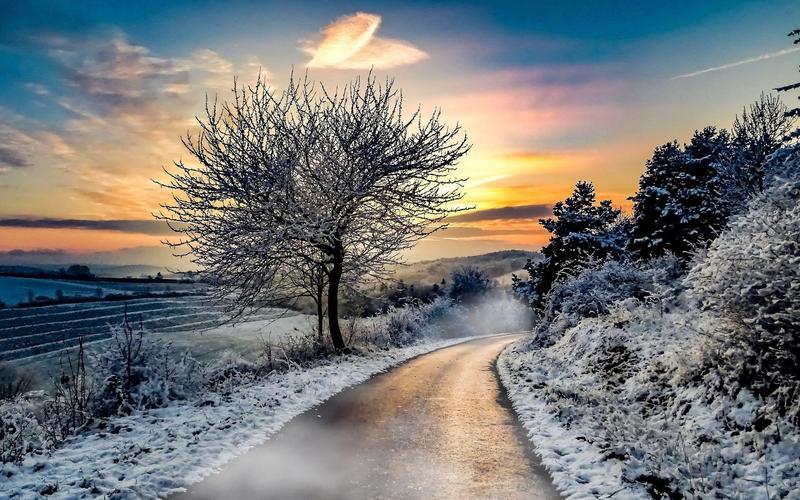Introduction
Diversity is a fundamental aspect of human society. It refers to the differences between individuals, such as their culture, ethnicity, religion, language, and gender. In this article, we will explore some cultural groups from around the world and discover what makes them unique and fascinating.
Indigenous Australians: The Aboriginal peoples
The Aboriginal peoples are the original inhabitants of Australia. They have a deep connection to the land that stretches back over 60,000 years. Aboriginal culture is rich and diverse, with over 500 different tribes, each with their own language and customs.
One of the most important Aboriginal customs is the Dreamtime, a spiritual belief system that explains the creation of the world and the importance of animals and plants. Aboriginal art is also a vital part of their culture, with intricate dot paintings and rock art that tell stories of the Dreamtime.
Zulu: South Africa’s largest ethnic group
The Zulu people are South Africa’s largest ethnic group, with over 11 million members. They are known for their bravery and military skill, having fought British colonialism in the 19th century.
Zulu culture is steeped in tradition, with dancing and singing playing important roles in their ceremonies and rituals. The Zulu language, isiZulu, is one of the country’s official languages and is spoken by over 23% of the population.
Maori: New Zealand’s indigenous people
The Maori people are the indigenous people of New Zealand. They have a rich cultural heritage that spans over a thousand years, which they call ‘Whakapapa.’
The Maori language, Te Reo Maori, is an important part of their culture and is taught in many schools across New Zealand. They are also famous for their haka, a traditional war dance, which is used to intimidate their opponents.
Conclusion
Diversity is an essential aspect of human society, and cultural groups from around the world are an excellent example of this. Each group has its unique customs, traditions, and beliefs, which contribute to the rich tapestry of the world’s cultures.
By exploring these cultural groups, we can learn more about the unique aspects of their culture, and this can help us appreciate the diversity of our own communities. So let’s continue to celebrate diversity and embrace the differences that make us all unique.
(Note: Do you have knowledge or insights to share? Unlock new opportunities and expand your reach by joining our authors team. Click Registration to join us and share your expertise with our readers.)
